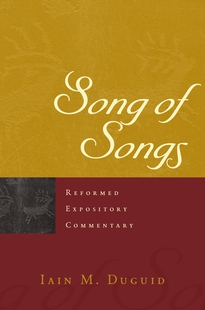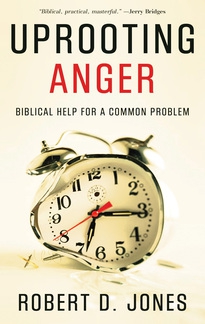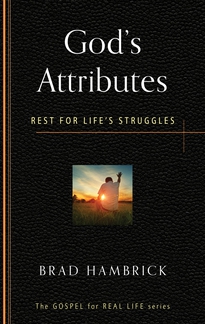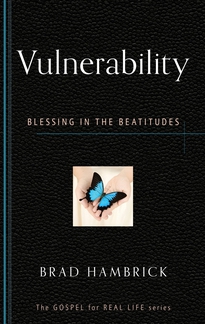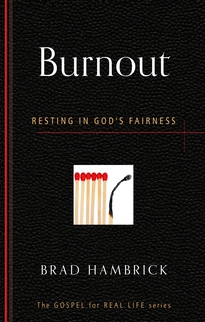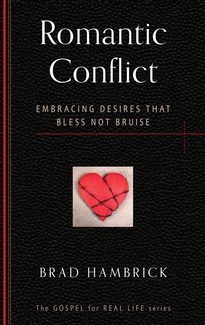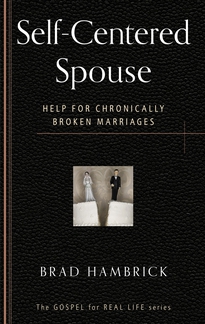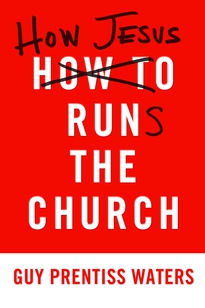The following excerpt was taken from the Introduction to Song of Songs by Iain M. Duguid — the newest book in our Reformed Expository Commentary series — to be released May 31st.
Interpreting the Song
Part of the difficulty of the Song of Songs comes from the fact that it is a song, and therefore poetry. Poetry is the art of condensation: expressing maximum meaning in the minimum number of words. As a result, poetry is often more evocative than explicative. It doesn’t take the time to unpack its figures of speech or to explain its analogies. It relies on the reader to fill in the blanks. Poetry tends to be open-ended, leaving us pondering and wondering rather than tying up every loose end with a watertight argument. Yet at the same time, poetry has a remarkable ability to address the whole person and to move our souls with a power that prose can rarely match.
The second challenge is to decide what precisely the Song is about. On one level, that is an easy question to answer: it is about love. But whose love? Some scholars have argued that it is an originally secular love song about two people that acquired a religious cast simply by being included in the Bible. On the opposite end of the spectrum, others have insisted that it was composed as an allegory of God’s love for his people that really has nothing to do with human love at all.
Historically speaking, an allegorical approach that sees the Song of Songs as being about the love of God for his people has certainly been the most popular among preachers. It is not hard to see why. Without having to descend to the embarrassing matter of talking about sex from the pulpit, hearers can be encouraged and directed in their spiritual lives with all kinds of edifying observations about prayer and Bible reading. Don’t worry: it is all about Jesus! So according to Cyril of Alexandria, writing in the fifth century a.d., when the woman describes her lover lying between her two breasts like a sachet of myrrh, what she is really talking about is Jesus coming between the two Testaments, Old and New. This allegorical approach enabled Bernard of Clairvaux to preach eighty-six sermons on the opening chapters of the Song of Songs to a congregation of monks!
Graeme Goldsworthy illustrates the problem of this approach, however, by the example of the Australian Sunday school teacher who was concerned that her lessons were becoming too predictable. So one week she started out by asking her children, “What’s gray, furry and lives in eucalyptus trees?” No response. So she asked again. Still no response. In desperation, she asked the pastor’s daughter, “Suzie, don’t you know what the answer is?” She replied slowly, “Miss, I know the answer must be Jesus, but it sure sounds like a koala to me.”*3 Sometimes a koala really is just a koala, not a picture of Jesus.
The kind of free association that Cyril of Alexandria engaged in is, of course, the problem with allegorical interpretation. Given enough imagination, you can get radically different messages out of the same passage: the Song can relate to Yahweh and Israel, God and the church, or wisdom and the individual soul. Equally, you can get the same message out of radically different passages: in that case, why do we need the Bible at all, when by using the same technique you could preach edifying messages from Winnie the Pooh?
On the other hand, a more typological form of interpretation pays attention to inner biblical connections. It sees the hero of the Song as Solomon, the son of David, the king of Israel. If that is the case, then it is not just a random connection to see the man as pointing to Christ and his bride as pointing to the church. Other biblical passages seem self-evidently to point beyond themselves to a coming greater Son of David, even if they were originally written for Solomon or another Old Testament king—for example, Psalm 45, a psalm written for a royal wedding, and Psalm 72, which speaks of the Son of David’s ruling from shore to shore.
There are two potential dangers with such a typological approach, however. The first is that in its eagerness to draw positive connections between the hero of the Song and Christ, it might overemphasize the similarities between them and overlook the differences. In practice, this tendency frequently pushes typology in the direction of the free-association kind of allegory in order to find Christ in the passage. The other problem is that this approach tends to downplay or even ignore the specifics of the surface-level meaning of the text in favor of a general connection to Christ. The message that a passage such as Psalm 72 might have had for the Davidic kings themselves, or even for us as we think about our own rulers and political structures, gets completely lost. So, too, any message that the Song of Songs might have about human relationships and earthly marriage tends to get lost or downplayed in favor of its immediate application to the relationship of Christ and the individual believer.
In response to this approach, other preachers have interpreted the Song of Songs simply as a celebration of human love and sex. Instead of comparing it to passages such as Psalm 45, they read the Song against the backdrop of passages such as Proverbs 5, in which the father says to the son, “Rejoice in the wife of your youth, a lovely deer, a graceful doe. Let her breasts fill you at all times with delight; be intoxicated always in her love. Why should you be intoxicated, my son, with a forbidden woman and embrace the bosom of an adulteress?” (Prov. 5:18–20). We might call this the “Solomon on sex” approach to the Song, to quote the title of one popular book.*4 The Song now becomes simply a divine dating and marriage-counseling manual. To use the Goldsworthy analogy, this time the koala is just a koala, and the Sunday school lesson becomes simply a Christian biology class about the birds and the koalas. In the process, the applications to human relationships can become as imaginative and strained as anything ever dreamed up by the earlier allegorists.
There is certainly nothing wrong with biology classes or practical tips about dating and marriage. But when Jesus unpacked the central message of the Old Testament to his disciples on the road to Emmaus, he didn’t focus on its value in providing practical teaching for their marriages. He declared that the central message of the Old Testament is the sufferings of Christ and the glories that will follow—that is, the gospel.*5 What is more, the title of the book, “The Song of Songs,”*6 is a superlative: it indicates that this poem is the finest of songs, in the same way that the Holy of Holies was the very holiest of places in the temple. Is human love, even within marriage, the worthy subject of the very best of songs? The Bible tells us that true love is not that we love one another, nor even that we love God. Rather, it is that God loved us and sent his Son as the atoning sacrifice for our sins (1 John 4:10). So the finest of songs surely has to point us in some profound way to God’s love for us in Christ, the love that entered our fallen world, lived the perfect life in our place, and suffered and died for our sins.
In fact, even a passage such as Proverbs 5 is not merely about human faithfulness in marriage, because as we read on in Proverbs we discover that the fundamental choice that faces all of us in life lies between Dame Wisdom, whose home is built on the foundation of the fear of the Lord, and Lady Folly, who seduces fools away from true worship to the worship of idols. Adultery is never just about sex in the book of Proverbs, any more than the idea of “building a house” in that book is just about bricks and mortar.
I believe that it is possible to steer a middle ground between the allegorical and literal extremes: to recognize the Song of Songs as wisdom literature that celebrates a great mystery in life, the mutual love of a man and a woman (Prov. 30:19), yet that in this celebration will not only shape our thinking about human relationships but also show us profound insights into the love that Christ has for his bride, the church. To change the Goldsworthy analogy, suppose that the Sunday school teacher had described a sparrow and then gone on to teach her students about God’s care for the little sparrow and his far greater fatherly care for us. The sparrow is not Jesus; it remains just a sparrow. Yet the lesson that is drawn from the sparrow can and must still center appropriately on Jesus, as the One who shows us the full extent of God’s fatherly love and care for us. So, too, we don’t need to make the man in the Song of Songs into an allegory or a type of Jesus to see how the book points us to “the sufferings of Christ and the glories that will follow.”
*3. Graeme Goldsworthy, Preaching the Whole Bible as Christian Scripture (Grand Rapids: Eerdmans, 2000), xi.
*4. Joseph Dillow, Solomon on Sex (Nashville: Thomas Nelson, 1982).
*5. See Iain M. Duguid, Is Jesus in the Old Testament? (Phillipsburg, NJ: P&R Publishing, 2013).
*6. This biblical book is sometimes referred to as “The Song of Solomon.” Both titles are abbreviations of the fuller title in the superscription of the book itself, which is literally “The Song of Songs, about that which belongs to Solomon.” Given the complexity of determining the relationship of Solomon to the Song, which I discuss in more detail below, I have chosen to use the simpler title, “The Song of Songs.”
Excerpt taken from pages xv-xix, Song of Songs by Iain M. Duguid, copyright 2016, P&R Publishing.

